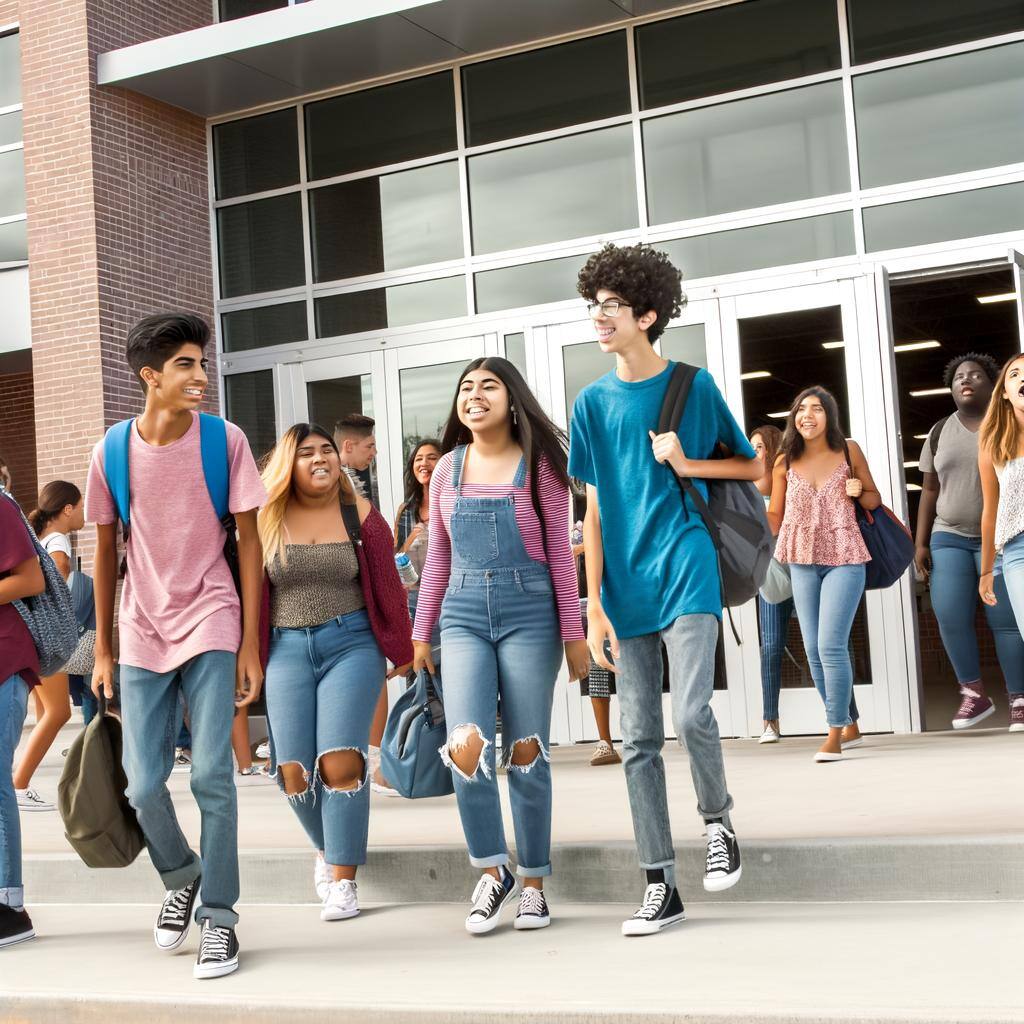If you are looking to include bullet-resistant glass as part of your security plan, it’s important to understand the different bullet-resistant glass levels. This will help you choose the right security glazing for your building for maximum protection.
Bullet-resistant glass is rated in accordance with standards established by the Underwriters Laboratories (UL), an international body that certifies all safety and security products. UL rating is based on factors such as the average thickness of the glass, the type of ammunition used, the number of bullets that can be stopped, and the caliber of bullets used.
Bullet-Resistant Glass Levels, Explained
Here are different bullet-resistant glass levels and how they work:
UL 752 Level 1
Level 1 is the most basic level of protection against ballistic threats. It is designed to stop smaller caliber handgun rounds, such as a 9mm, moving at a speed of 1,175 feet per second. Level 1 bullet-resistant glass can stand a minimum of three shots. It is suitable for use in residential settings or small businesses.
UL 752 Level 2
Level 2 bullet-resistant glass is designed to protect against high-power handguns, like the 357 Magnum. It can withstand a minimum of three shots from this type of weapon, traveling at a velocity of 1,250 fps. Level 2 glass can be an appropriate choice for banks, jewelry stores, and other customer-facing settings.
UL 752 Level 3
This level offers higher protection against handguns than Levels 1 and 2. It can resist a minimum of three 44 Magnum shots with velocities of 1350 feet per second. This is the level you are likely to find in most banking institutions and government buildings.
UL 752 Level 4
From level 4 and beyond, the charts begin to change from handgun ammo to riffle ammo protection. A level 4 bullet-resistant glass can take at least one .30 Carbine shot with a velocity of 2540 feet per second. It is common in high-risk areas like federal and military buildings.
UL 752 Level 5
Level 5 glass is capable of stopping a minimum of one 7.62mm full metal jacket ammo fired from a riffle, traveling at a velocity of 2750 feet per second. The material used to make it is thicker and heavier than that used in Levels 1, 2, 3, and 4.
UL 752 Level 6
Level 6 is considered to be the highest level of protection against small arms. It can stop a minimum of five 9mm rounds traveling at 1400 feet per second. This is ammo commonly used in most Uzis and sub-machine guns.
UL 752 Level 7
Level 7 glass can stand at least five 5.56mm traveling at 3080 feet per second. These glasses are often very heavy, due to the thickness and material used. Level 7 will be effective against assault rifles with armor-piercing rounds.
UL 752 Level 8
UL 752 Level 8 is the highest level of bullet-resistant glass. It is capable of stopping at least five 7.62mm rounds. Like level 7, it is also installed in high-risk areas such as military bases and federal buildings.
What Materials are used to Manufacture Bullet Resistant Glass?
The most common materials used to manufacture safety glass levels are acrylic, laminated glass, and polycarbonate. Acrylic is mainly used to manufacture low-level protective bullet-resistant glass ranging from level 1 to 3.
Laminated glass has a high resistance impact than acrylic. Therefore, it can be used to offer protection in Levels 1, 2, 3, and 4.
Polycarbonate tends to be thicker but less transparent compared to acrylic. While it can be used across all glass levels, it is best for use in high-risk areas.
Boost Your Security with Bullet-Resistant Glass from Ballistiglass
When it comes to security, nothing is more important than keeping yourself and your loved ones safe. That’s why bullet-resistant glass is such an important security measure. At Ballistiglass, we offer a wide range of bullet-resistant products that vary in the level of protection you need. To learn more, call today at 954-612-6640.



